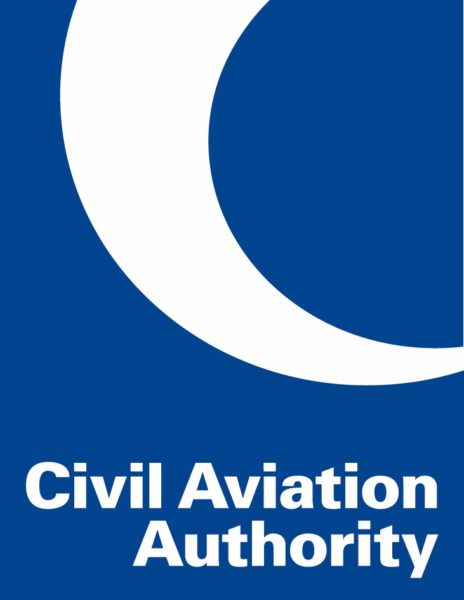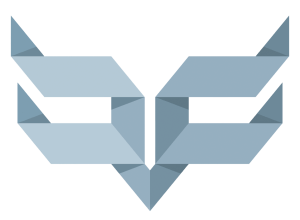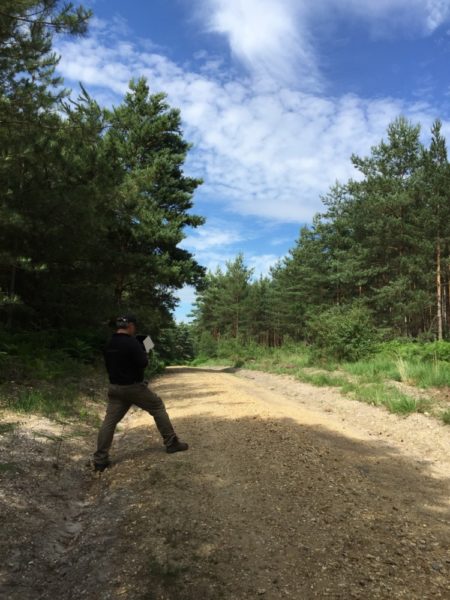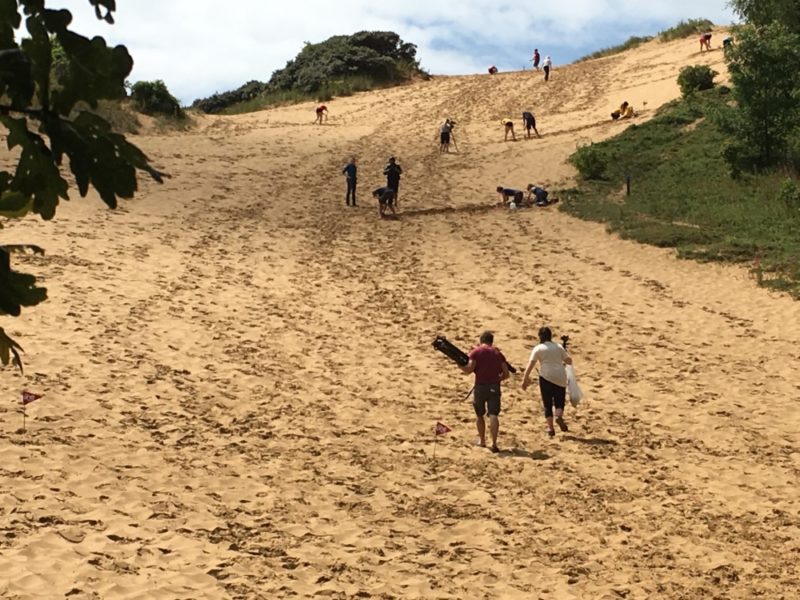
CAA Resassure First Time Drone Users
The CAA have taken steps to reassure new drone owners about what they need to do to safely and legally enjoy their new hobby.
In anticipation of there being a surge in first time drone owners after Santa has been to visit, the CAA have issued some advice about how to get started with the aim of calming the nerves of first time flyers. Here’s what they recommend…
- Read the Instructions. It might sound obvious but even small drones contain a lot of technology so if you do’t take some time to get to know your aircraft’s features, an in-flight mistake might mean your new hobby is over before it has begun.
- You need to Register. Be aware that if you are flying outside and your drone weighs over 250g, you need to register it – it’s a quick and simple process with a £9 annual fee. Plus, whoever is going to be flying needs to pass an online competency test. If you fly without registering, you are risking a £1000 fine.
- Know the Drone Code. Knowing the Drone Code will give you all the basic safety and legal information that you need so it’s worth getting familiar with it.
- You’re Sharing the Air. Keeping below the legal requirement of a maximum flying height of 400ft (120m) doesn’t mean that you have the airspace to yourself. You could be sharing the airspace with military aircraft, emergency helicopters and other drone users amongst others. The CAA recommends using one of the free available apps to check airspace usage in the area – you can see their list of airspace information applications here.
- Flying for Money. If you fall in love with your new hobby and decide that you would like to fly commercially, you will need to apply to the CAA for a commercial approval which involves creating an operations manual, passing a theory and a practical test and also obtaining the relevant insurances. To make money from your flying activities without this is illegal.
- Flight Restricted Zones. It’s illegal to fly within restricted zones that are around airfields (and some other protected sites) and you can check where these are here.
Drone flying can be an exciting and rewarding hobby. However, potential pilots can be put off by the appearance of complicated rules and regulations surrounding UAVs. It’s great to see the CAA putting together such a simple set of tips to encourage people to get involved whilst staying safe and legal.
Expert Infrared Inspections for Accurate Thermal Assessments
Need professional thermographic analysis for your project? Our certified experts use the latest infrared technology to deliver precise results. Contact Drone Media Imaging today for expert thermal imaging services.








